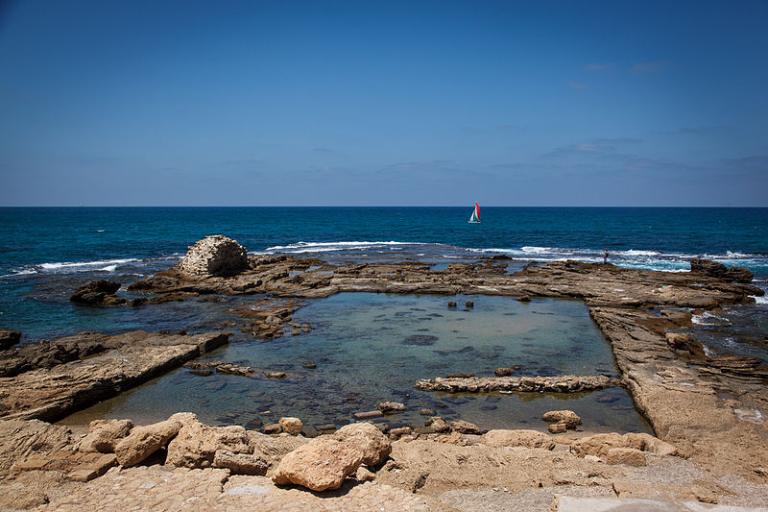
(Wikimedia Commons public domain photo)
I’ve long been a fan of J. B. Phillips (1906-1982) and his translation of the New Testament (and some of the Old). In fact, somewhat more than a year ago, I posted a blog entry about him that included a story that I think some readers might find quite surprising, as he himself certainly did. (See “C. S. Lewis and J. B. Phillips: An Unexpected Meeting.”) I was thinking about him again last night, when, in connection with my recently commenced slow and careful re-reading of the book of Acts in its Greek original, I took from one of my shelves a copy of J. B. Phillips, The Young Church in Action: A Translation of the Acts of The Apostles (New York: The Macmillan Company, 1955). Here are some passages from the preface to this little book that caught my attention last night:
“The Acts of the Apostles,” which is the conventional title of this remarkable book, is something of a mistranslation. The Greek title, Praxeis Apostolōn, has no definite articles and could be translated more accurately “Acts of Apostles,” or, quite fairly, “Some Acts of Some Apostles.” The author, who is unquestionably Luke, makes no attempt to give an exhaustive history of the early days of the Church — much as we may wish he had done so — but he does record with vividness and accuracy some actions of some Apostles. (1)
Luke’s sources of information were probably excellent. The deacon Philip was still living at Caesarea during the two years of Paul’s captivity at Rome with which this book closes, and Luke would have been able to obtain much early information from him. There would also have been many still living who were present on the Day of Pentecost and who would have supplied information about those early days. In the latter part of the book Luke is obviously making use of his own personal diaries. The first person plural is used quite naturally (16, 10-17; 20, 5 to 21; 18; 27, 1 to 28, 16), and the narrative gains in dramatic power through the reader’s sudden realization that the author was actually present at the time. Indeed, Luke’s close association with Paul, an association which meant sharing a good deal of the latter’s dangers and fatigues, is not the least of Luke’s qualifications as author of a book such as this. (1-2)
It is most difficult to assign a date to this work. Some incline to the belief that it was written shortly after the closing date mentioned in the book, which would put it as early as 65 [i.e., within 30-35 years of the death and resurrection of Jesus –dcp]. Others are convinced that it was written after the fall of Jerusalem (70), and others again consider that Luke must have had access to the book by the Jewish historian Josephus, Jewish Antiquities, which did not appear till about 94. When I translated the Gospels in 1952 I gave the date of Luke’s Gospel as about 80, but after close study of this second volume from Luke’s pen, I am inclined to place the date of its writing not very long after Paul’s two-year imprisonment, possibly about 65. If I am now right, then the Gospel [of Luke] naturally was written before the present work, though not necessarily very long before. (3)












